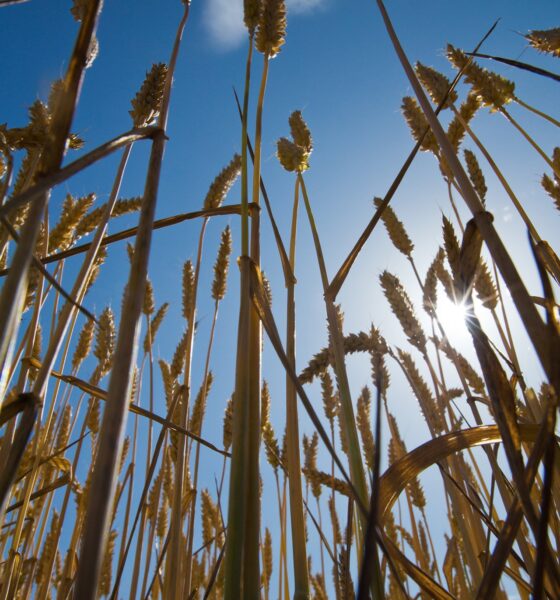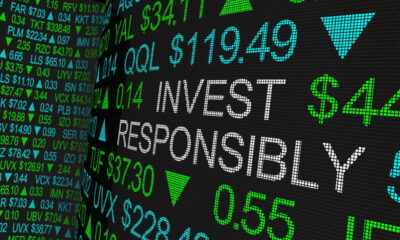

Economy
WWF guide aims to encourage responsible investment in commodities
The WWF has launched a comprehensive guide that seeks to aid responsible investment in 10 major commodities sectors.
The 2050 Criteria: Guide to Responsible Investment in Agricultural, Forest, and Seafood Commodities is aimed at banks, investors and financial analysts, in order to assist them in making responsible and sustainable investment choices.
The 10 areas it covers are aquaculture; beef; cotton; dairy; palm oil; soy; sugar; timber, pulp and paper; wild-caught seafood and bioenergy. These were chosen because they are each “in high demand, yet also generate some of the world’s most severe impacts on biodiversity, water, and the climate”.
Richard Perkins, senior commodities adviser at WWF-UK, explained that the need to unravel some of the possible difficulty in these markets led to the publication of the report.
“Increasing population and prosperity is driving increased demand for soft commodities to meet society’s needs and wants”, he said.
“Yet at the same time that allocation targets are rising, investors are awakening to a quagmire of material, reputational, and systemic risks.
“There is a clear need to untangle some of this complexity and provide clear and credible guidance for identifying responsible mainstream performers.”
A recent report by global investment boutique, Sustainable Asset Management (SAM) highlighted sustainable investment as the “only solution” to the ever-growing demand for food.
The study, called Harvesting Opportunities for a Sustainable Food Supply, examined the trends and obstacles surrounding the global food production industry.
The WWF’s 2050 Criteria is intended to offer useful information and advice to would-be investors across the 10 commodity sectors, as they each aim to overcome increased population and consumption in the coming years.
“The financial sector has an important part to play in ensuring that soft commodity production conserves the environmental resources on which society’s well-being depends and results in fair outcomes”, Perkins added.
“There is no choice but to do so sustainably.”
Further reading:
Calls for sustainable investment to prevent ‘unmanageable’ demand for food
Tackling the three pillars of civilisation: consumption, population and the planet
Current global consumption will lead to “unequal and inhospitable future”


 Environment12 months ago
Environment12 months agoAre Polymer Banknotes: an Eco-Friendly Trend or a Groundswell?

 Features11 months ago
Features11 months agoEco-Friendly Cryptocurrencies: Sustainable Investment Choices

 Features12 months ago
Features12 months agoEco-Friendly Crypto Traders Must Find the Right Exchange

 Energy11 months ago
Energy11 months agoThe Growing Role of Solar Panels in Ireland’s Energy Future






























